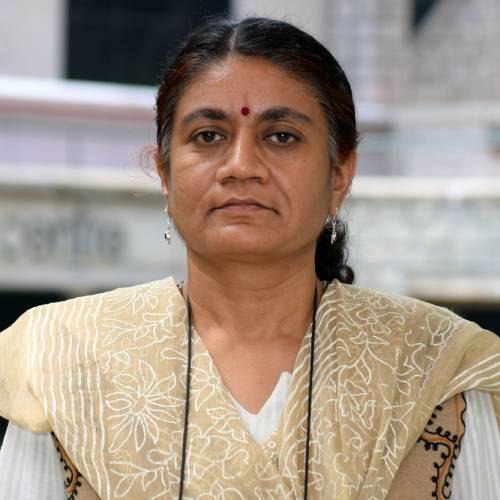
CreditAccess Grameen Limited (CAGL) was a successful company serving the credit requirements of the niche customer segment of lower income households. It was registered as a non-banking finance company microfinance institution (NBFC-MFI) and focused its loan book on a specified category of customers defined as inclusive customers. Given the nature of vulnerability of the customers, the segment as well as the organizations serving it, were open to several risks that went beyond the risks faced by mainstream banking and financial services companies. These included political risks as well as social risks, as evidenced in the Kolar crisis and the Andhra Pradesh (AP) crisis discussed in the case. CAGL had weathered many crises that hit the organization and sub-sector either due to regulatory over-reach or macroeconomic factors. CAGL was able to resiliently sail through this crisis given its flexible repayment systems, where the customer could choose the schedule. It recognized that the model of group guarantees was no longer effective, but nevertheless kept the system intact for the purpose of aggregation of transactions. The COVID-19 pandemic posed a challenge to group meetings and aggregation, as lockdowns and social distancing threatened the basic premise on which the Grameen model was built. CAGL was able to innovate even during this crisis – it leveraged its operational technology and focused on retaining customer loyalty and stickiness. With all these under the belt, CAGL was now ready for the next leap forward. With the transition of ownership from promoters to investors, CAGL had also moved from having a social orientation (sometimes at the cost of financial efficiency) to being an investor-driven corporation with social objectives. It therefore had to clearly delineate its commercial and social activities.
Read more


